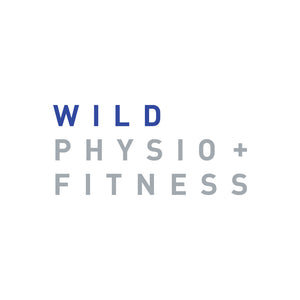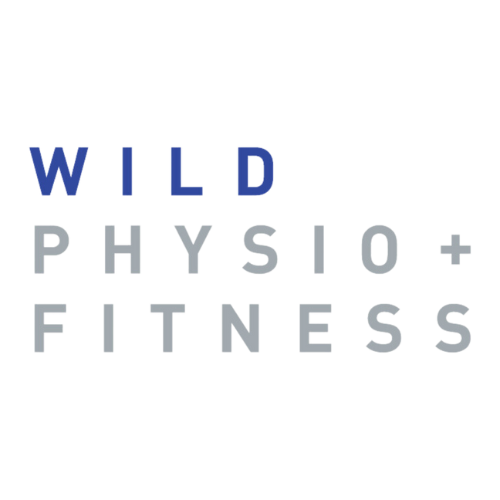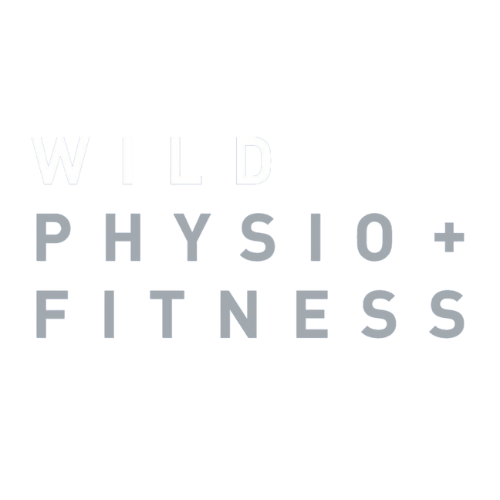Feeling fatigued, run down, or struggling to perform at your best?
Iron deficiency could be a contributing factor, and it's more common than many people think.
Iron plays a vital role in energy production, cognitive function, immune support, and physical performance. If you're low on iron, everything from your mood to your training can take a hit.
Who’s at Risk of Iron Deficiency?
Certain groups are more likely to experience low iron due to increased needs, limited intake, or poor absorption:
-
Active individuals & athletes – due to higher demand and losses through sweat
-
People who menstruate – due to blood loss each cycle
-
Pregnant individuals – iron needs increase to support the growing baby
-
Vegetarians & vegans – plant-based iron is harder to absorb
-
People with gut conditions – such as celiac disease, which can affect absorption
Why Iron Matters
Iron is essential for:
-
Transporting oxygen in your blood
-
Maintaining energy levels and preventing fatigue
-
Supporting a healthy immune system
-
Optimising brain function and exercise performance
Without enough, you might feel constantly tired, weak, lightheaded, or unable to train effectively.
Recommended Iron Intakes
Your iron needs depend on your age, sex, and lifestyle:
-
Men: 8mg/day
-
Menstruating women: 18mg/day
-
Pregnant women: 27mg/day
-
Vegetarians/vegans: Need ~1.8x more due to lower iron absorption from plant sources
-
Reaching these targets through diet alone can be especially difficult if you're in a calorie deficit or already iron-deficient.
Dietary Sources of Iron
Here are some iron-rich foods to include regularly:
| Food | Iron (per 100g) |
|---|---|
| Red meat | ~2.5mg |
| Oysters | ~4mg |
| Whole eggs | ~1.9mg |
| Tofu | ~5.2mg |
| Lentils (cooked) | ~6.7mg |
| Spinach (cooked) | ~3.2mg |
Note: Heme iron (from animal sources) is better absorbed than non-heme iron (from plants).
How to Boost Iron Absorption
Maximise the iron you do eat with these tips:
Pair iron-rich foods with vitamin C, such as:
-
Citrus fruits
-
Capsicum
-
Strawberries
-
Tomatoes
Avoid tea and coffee around mealtimes, as tannins can reduce iron absorption
When Diet Isn’t Enough
In some cases, especially if you’ve been diagnosed with iron deficiency anaemia (IDA), getting enough iron through food alone won’t be enough.
Iron supplements or iron infusions may be required under medical supervision.
Always speak to your GP or Dietitian before starting supplementation.
Final Take
Iron is essential for your energy, recovery, and overall well-being, but many people struggle to get enough.
If you're in a high-risk group or experiencing symptoms like fatigue, low mood, or poor exercise tolerance, it’s worth getting your iron levels checked.
And remember:
-
Focus on iron-rich foods (especially if you're plant-based)
-
Use smart food combinations to boost absorption
-
Consider supplements or infusions if you're deficient, but only under guidance






